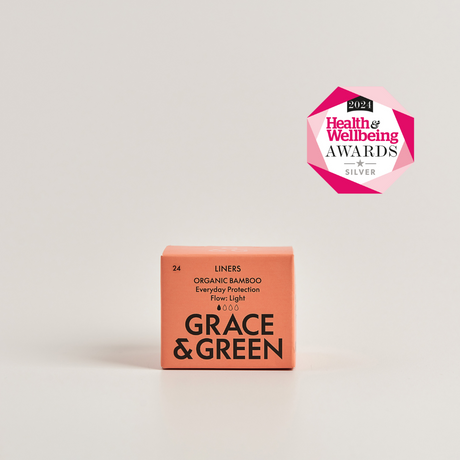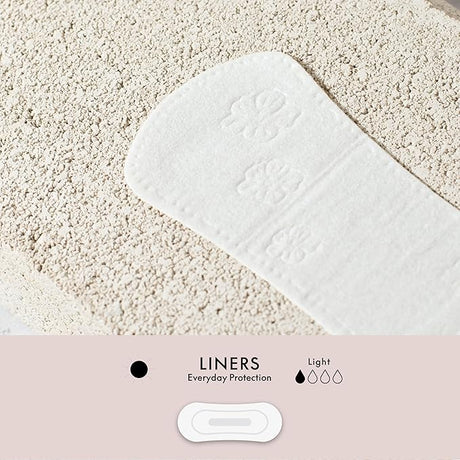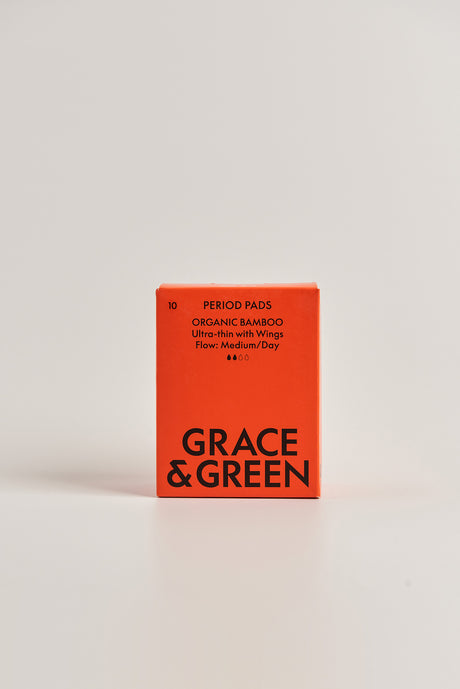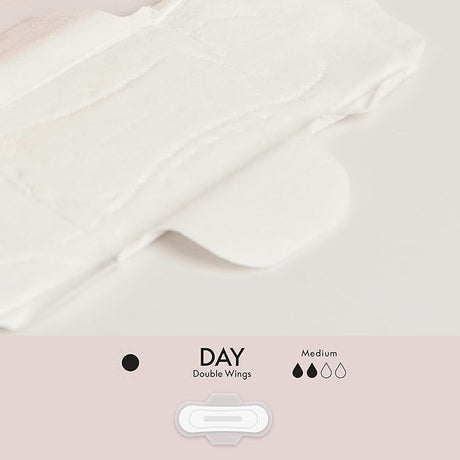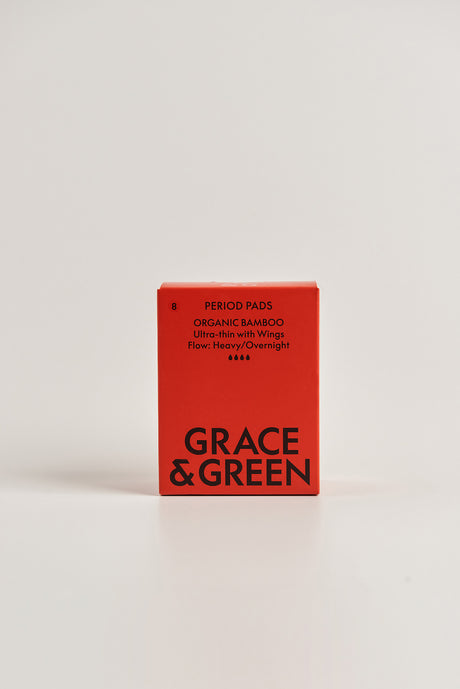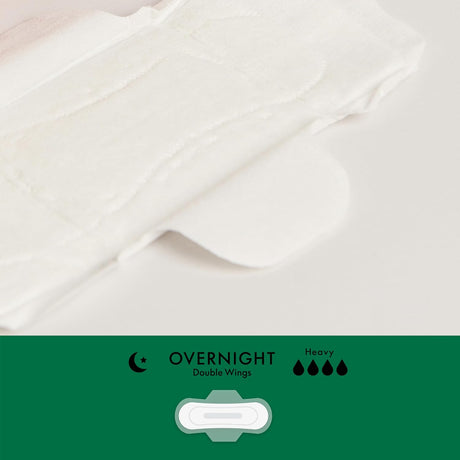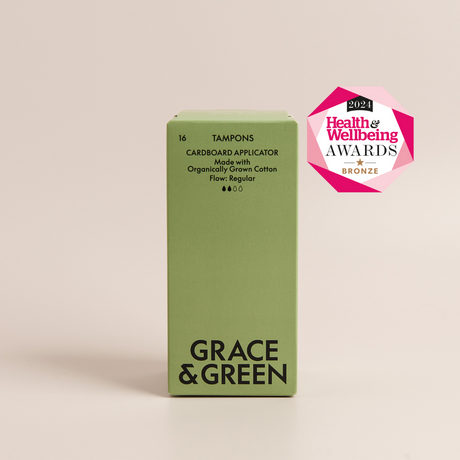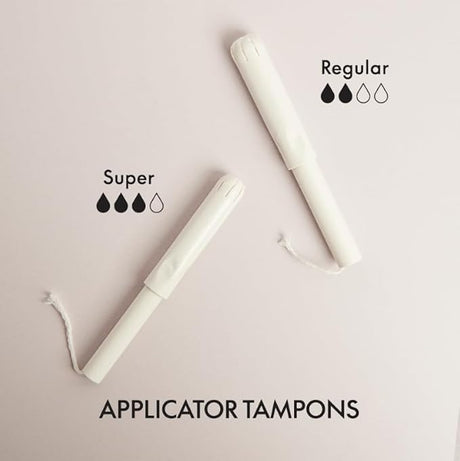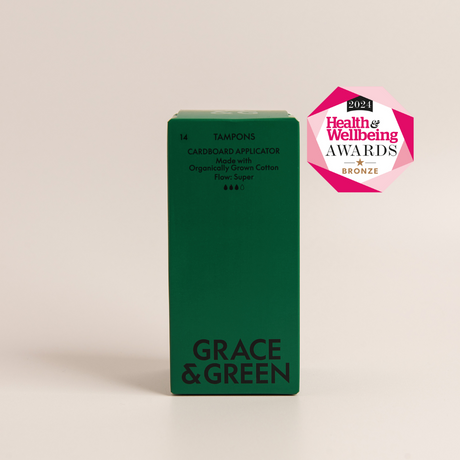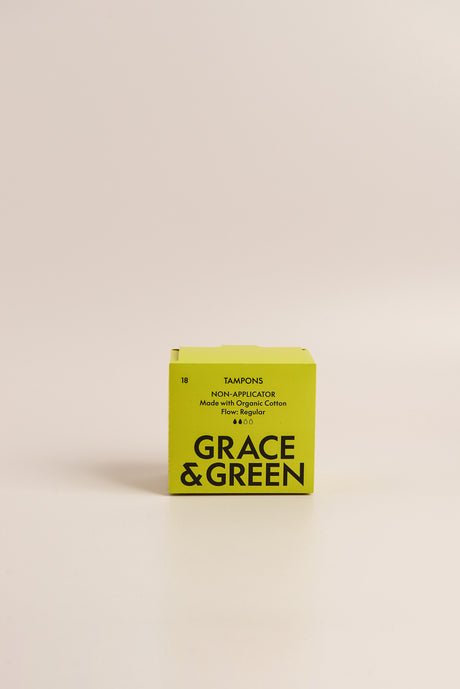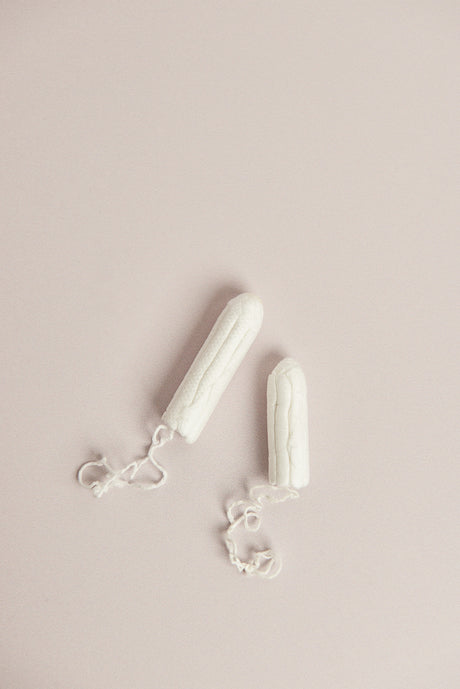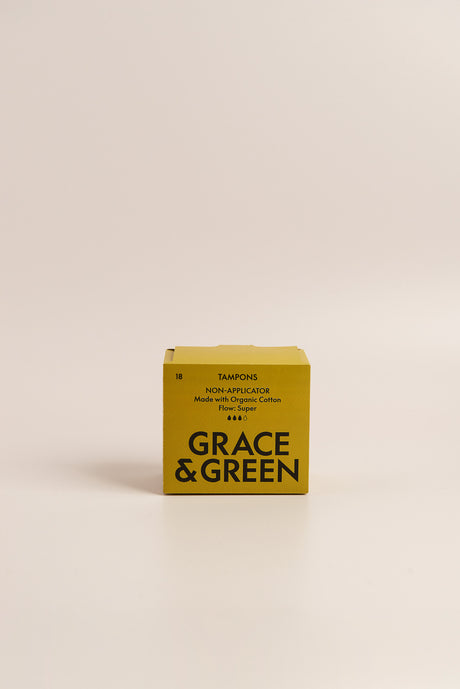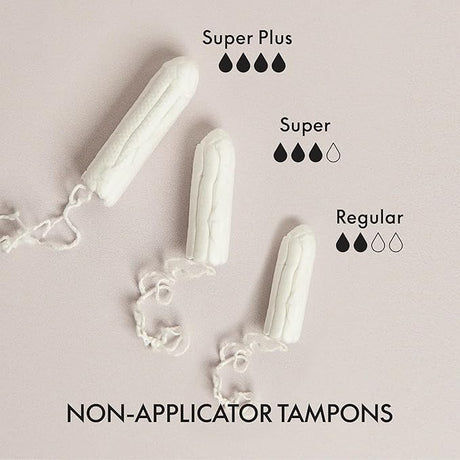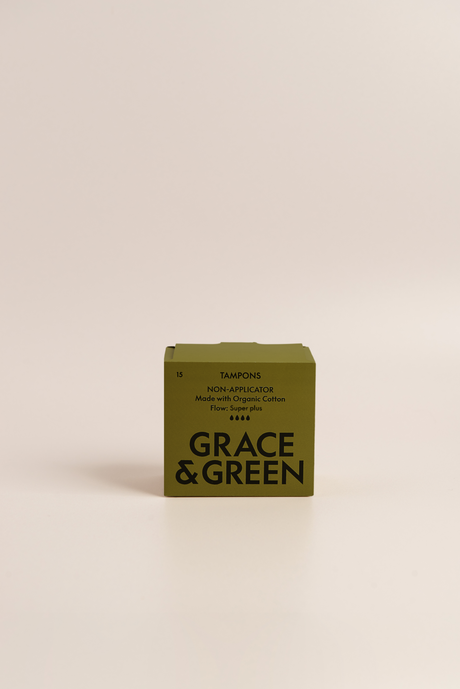When I'm on my period, in the space of a minute, I went from feeling tired to snarling at the world and even briefly thinking about suicide. It was extremely disturbing to lose control over who I was, but that was not only the first time: my period continues to affect my mental state. I don’t have dark thoughts every month. However, my period has always been long (7-8 days), with a heavy flow and painful cramps, sapping my energy and will.
The point of my oversharing is that our periods can drastically influence our mental and bodily health if we don’t acknowledge what’s happening and take extra care of ourselves during that time of the month.
While doing some research for this blog post, I came across something I had never heard of before: premenstrual dysphoric disorder (PMDD). Wow, I could finally understand why my period was so violent.
According to a Forbes article by author Alice Broster on how your mental health and menstrual cycle are linked, “Three out of eight percent of people suffer more severely with premenstrual dysphoric disorder (PMDD) which can lead to depression, fatigue, trouble focusing, and panic attacks. The low estrogen linked to serotonin (happy chemicals) we experience effects our brain’s chemical release, which leads us to be in a lower mental state.” In another article by Mind org UK, the author explains that PMDD “can make it difficult to work, socialize and have healthy relationships. In some cases, it can also lead to suicidal thoughts.”
If you feel you might have symptoms of premenstrual dysphoric disorder, you can consult a doctor/gynaecologist/midwife and find more information here.
I am a certified Mental Health Coach and trauma conscious yoga instructor and in this article, I’ll be providing solutions that can make you feel better before, during, and after your period.
1. What should I avoid during my period?
Regardless of whether you are on your period or not, maintaining a healthy lifestyle is essential to your mind/body health. Furthermore, once you are healthy physically and mentally, it’s much easier to navigate your period. So you want to avoid what’s generally already considered as unhealthy such as; stress, caffeine, sugar, alcohol, smoking, drugs, and lack of exercise.
2. What can I do to feel better during my period?
As a Mental Health Coach, I am informed on different methods to reduce your anxiety, which are also applicable during your period and can explain why certain activities are more beneficial for your overall mental health/brain. Many different healthy practices can help reduce your PMS or PMDD and can positively impact your brain by releasing endorphins, regulating the nervous system, increasing the brain’s grey matter, enhancing memory, decreasing anxiety-and improving relationships with others and yourself. In my sessions, I make sure to explain how these activities positively affect your brain. For example, 15 to 20 minutes of exercise a day can become the equivalent of a 25mg antidepressant.
I will list below some of the activities that are good to maintain before, during, and after your period.
- General self-care basics. Drinking lots of water, eating healthy, sleeping 7-8 hours a night, and taking a warm shower/bath can all help alleviate period pain and increase your mood.
- Yoga, meditation, and breathing exercises. These activities are beneficial during your period, as they calm your nervous system, reduce your anxiety/stress and increase your grey matter. As trauma conscious yoga instructors, we work on mindfulness rather than perfect body poses. We go through the tensions you notice in your body and create movement that feels right. Yoga also decreases abdominal pain and breast tenderness (Medical News Today).
- Meditation makes us aware of our thoughts and can increase our relaxation/mood/positive thoughts. While many think of meditation as sitting down and thinking of nothing, meditation can come in different forms such as gardening, walks in nature, painting…
- Breathing exercises also serve to decrease anxiety, be in the present, and regulate your nervous system. Breathing is such a powerful tool it can help with decreasing physical pain and by focusing on your breathing it can also stop the mental fluctuations (chitta vrittis).
- Journaling and reading are two activities that are always recommended as they both decrease anxiety and enable you to acknowledge your feelings.
- Using body-safe menstrual products: A menstrual cup or natural/organic period products can improve comfort/practicality and are body safe as they cause less irritations or infections rather than scented and chemically bleached period products.
3. Other important factors to consider
- Keeping track of when your period is arriving (whether it be by writing it down or using an app). I am currently using an app where I can include how I am feeling emotionally, physically as well as contraceptive, sexual activity, temperature, weight, if I am taking any medication, and any other information I want to include. The app also tells me the length of my cycle, and where I am at in my cycle.
- Organising your schedule and maximising your productivity when you know your mood/mental clarity is increased. During your period, you may want to lessen your workload, let your boss (if understanding) know that you have your period and that you are not as productive during x amount of days, and you can also not tell your boss and simply say “I can get x, y, z project done by this date.”
- Telling your partner and friends if you’re on your period & feeling low. If you have a partner you may want to tell them that your period is coming or if you have it. At times, I have actually told people I was on my period so they knew to be extra kind with me.
- Talking to a friend is actually a way to reduce your anxiety and when you’re on your period talking to a friend or family member who understands could help brighten your mood – social interaction is good for your mental health
4. What if I am in extreme pain or have dark thoughts/feel depressed?
If you have any concerning persisting symptoms such as depression/dark thoughts or extreme pain, it’s important to consult a gynaecologist, midwife, therapist, psychiatrist, or consult a suicide line. Antidepressants, acupuncture, or a massage can be possible solutions, so make sure to consult the right expert for these types of therapies.
If would like to explore more resources, you may want to visit the International Association for Premenstrual Disorders.
If you have any questions or would like to follow Chelsea Carter’s anxiety-reducing program/one-on-one sessions, contact her via email at chelseacoachcarter@gmail.com or visit her website : chelseacoachcarter.com
Sources to help further understand PMDD
- https://www.forbes.com/sites/alicebroster/2020/07/09/how-your-mental-health–menstrual-cycle-are-linked/?sh=1bfe989f6370
- https://www.mind.org.uk/information-support/types-of-mental-health-problems/premenstrual-dysphoric-disorder-pmdd/about-pmdd/
- https://www.healthline.com/health/depression/menstrual-depression#hormones-and-mood
- https://flo.health/menstrual-cycle/health/anxiety-depression-during-period
- https://psychcentral.com/disorders/all-about-premenstrual-dysphoric-disorder
- https://www.mayoclinic.org/diseases-conditions/premenstrual-syndrome/expert-answers/pmdd/faq-20058315
- https://www.healthline.com/health/womens-health/pmdd-natural-treatment
- https://www.medicalnewstoday.com/articles/321965


